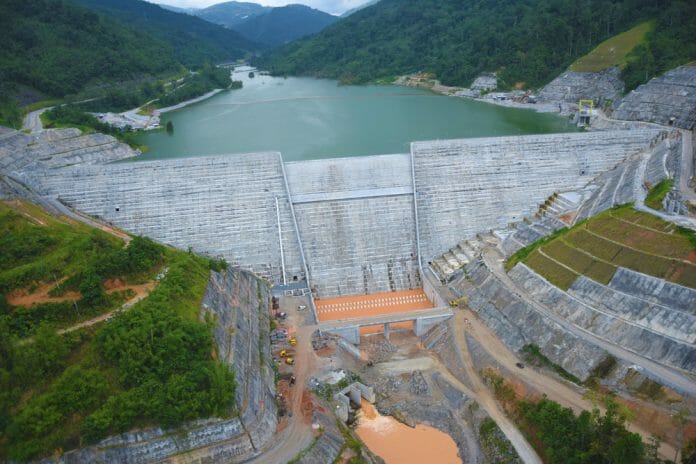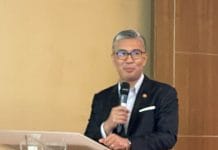Fitch Solutions expect Asia to be a strong performer in hydropower and non-hydro power renewables, with robust capacity growth in the coming decade, increasing the supply of Renewable Energy Certificates (RECs) in the region.
It said at the global climate conference, COP26 in November, various Asian markets declared their commitment to achieving net-zero emissions within this century.
This included major greenhouse gas emitters, China and India, and their target years of 2060 and 2070 respectively, with China announcing theirs ahead of COP26.
“We believe that following these net-zero commitments, the power sector will experience increased pressure to transition to low carbon power generation types.
This is especially true for many Asian markets, given their reliance on conventional thermal power (coal, gas and oil). To facilitate this transition, Asian markets have been turning to RECs to verify decarbonisation efforts and attract investor interest for renewable projects, Fitch said.
“With RECs only being available when renewable electricity is generated, the increasing demand for it in Asia is indicative of the region’s strong appetite for hydropower and non-hydro power renewables.
The RECs process is an effective instrument that companies will adopt to prove decarbonisation of their electricity sources and support capacity growth, Fitch said.
It said that regional markets, such as Malaysia and India, have included RECs in their renewable energy push, with much private sector interest and further upside risks to our Asia capacity forecasts for hydropower and non-hydro power renewables.
It said that we highlight Malaysia and India inclusion of RECs as part of their recent efforts to promote renewable electricity uptake in their markets.
Malaysia launched its Green Electricity Tariff (GET) programme on December 1 2021. Subscribers who sign up will be supplied with renewable electricity and RECs in January 2022. Notable subscribers include governmental agencies of the Ministry of Energy and Natural Resources (KeSTA) and the Sustainable Development Authority of Malaysia
(SEDA), and private sector companies such as HSBC and Nestlé. India’s Ministry of Power approved a revised version of the market’s RECs scheme in September 2021.
The key amendment is that RECs will not have an expiry date till they are sold, after which, they will last for approximately three years. This enables power producers to have the flexibility to choose when to sell RECs.
“We note that this has been met with much market interest, with the Indian Energy Exchange seeing 2.44mn RECs traded after resuming trading of RECs with a session on November 24, 2021. The trade was paused again by the Ministry of Power till December 31, 2021.”









